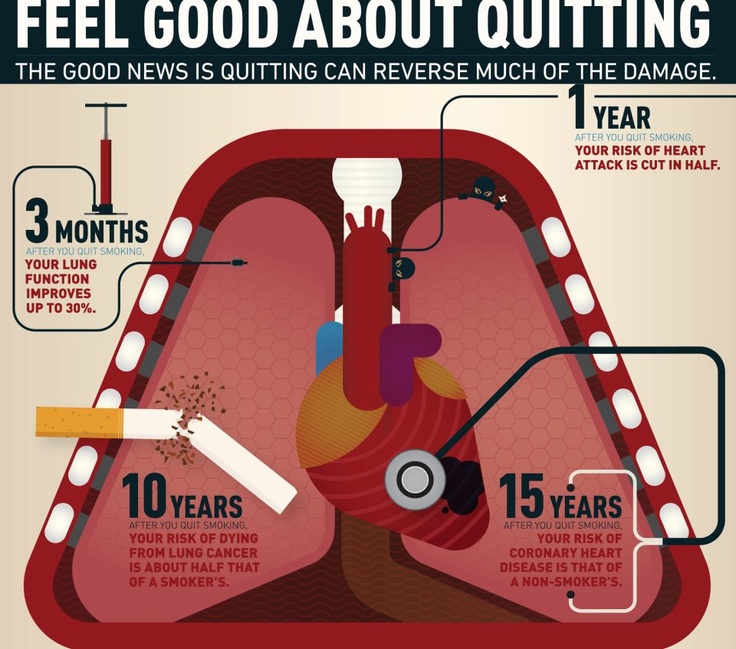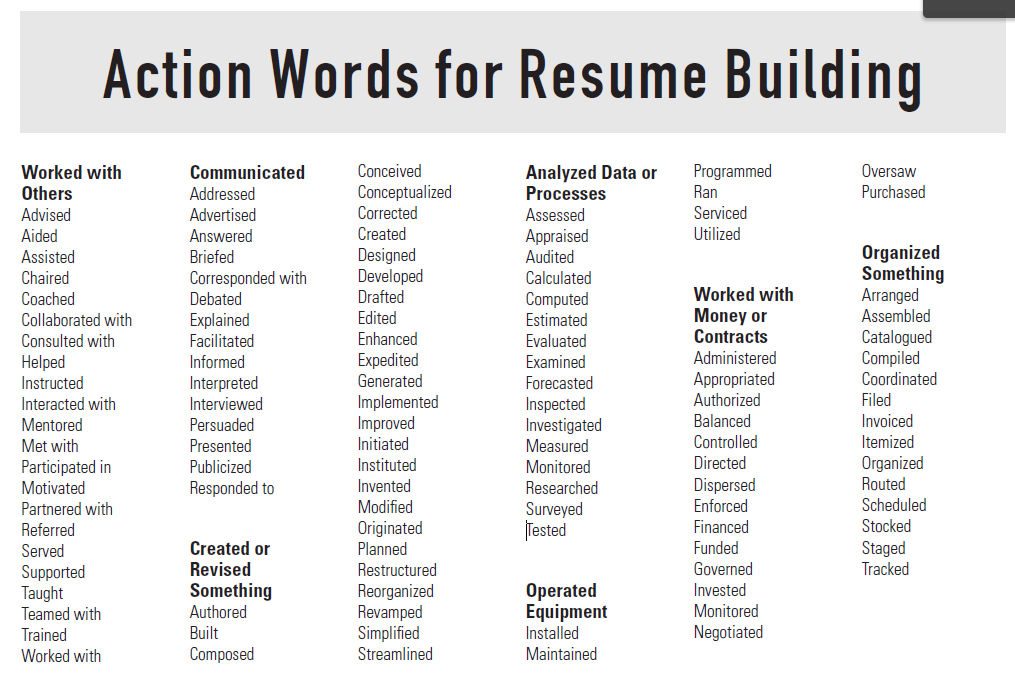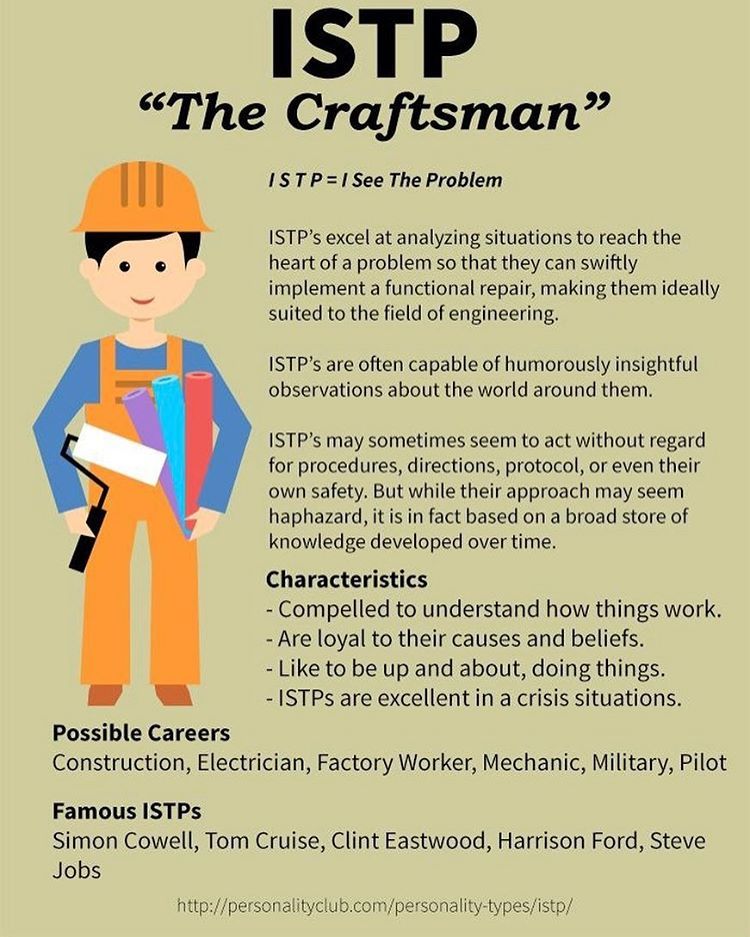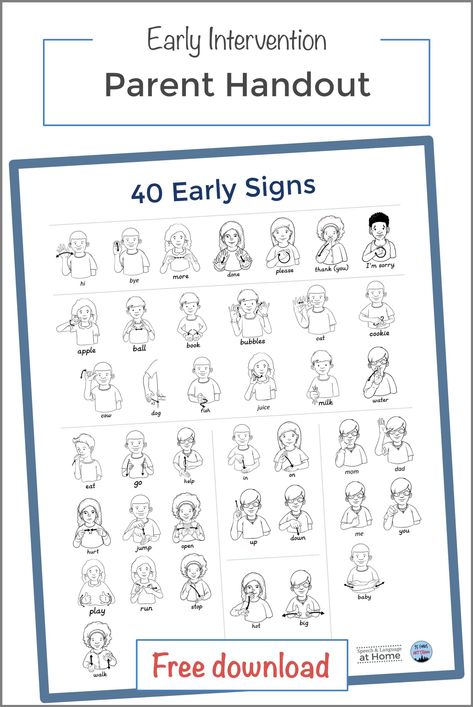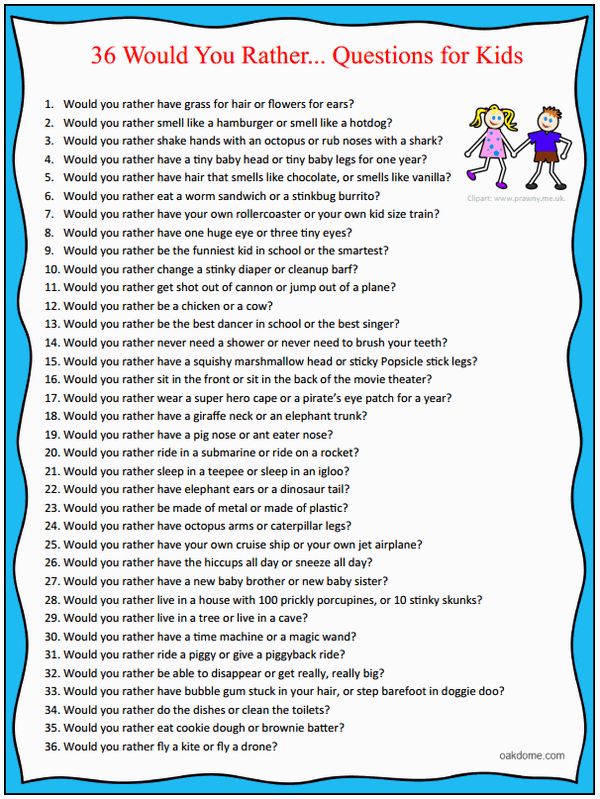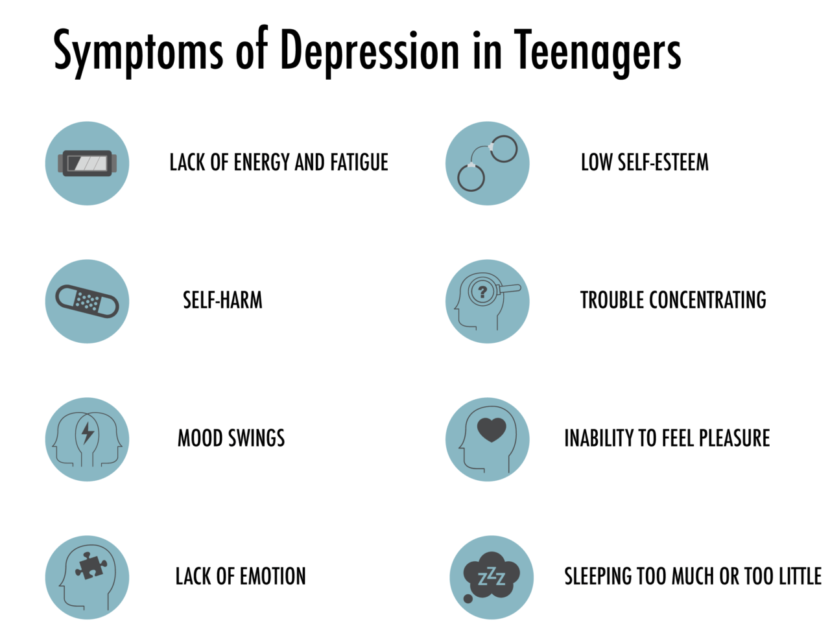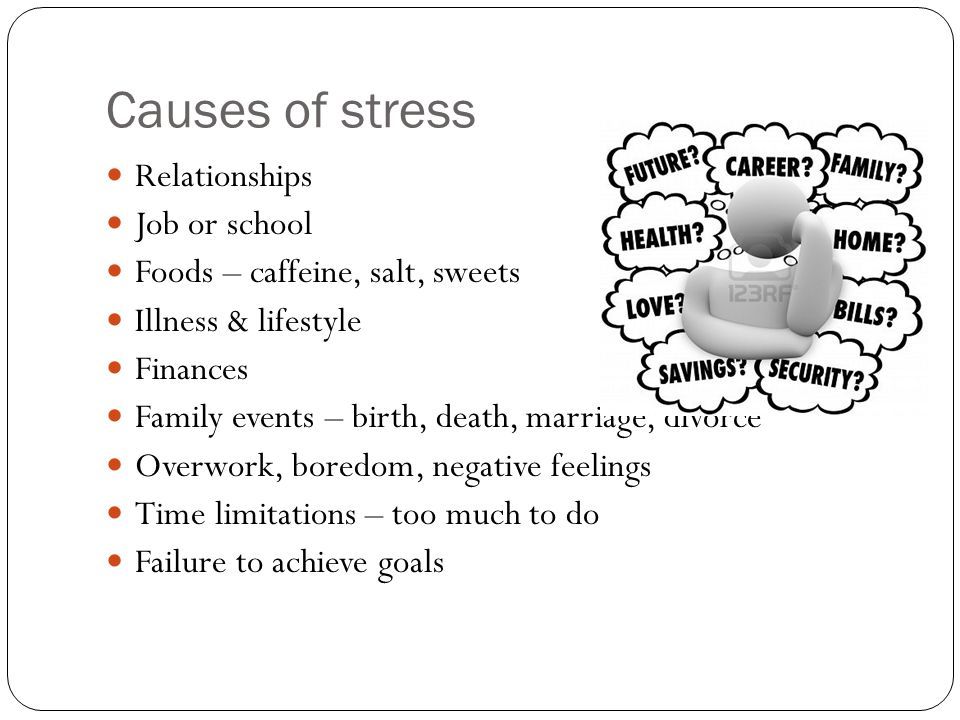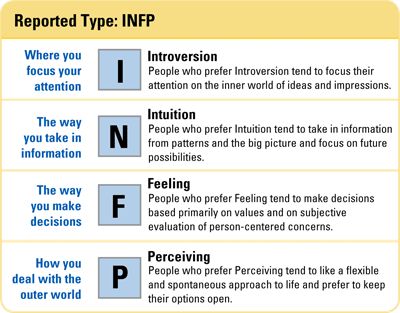Anxiety symptoms in mouth
What Is Anxiety Tongue and What Are Its Signs?
Anxiety can cause tingling or numbness in your tongue as well as other changes in your mouth. You may need to talk with a health professional if you have these signs.
Anxiety may cause you to experience mental, emotional, and physical symptoms. This may include a tingling feeling, numbness, or swelling in your tongue.
Some people with anxiety disorders often experience a tingling sensation on their tongue, commonly referred to as “anxiety tongue” or “stress tongue.”
Anxiety tongue may also involve swelling, muscle spasms, or burning sensations.
Anxiety as an emotional response is linked to your stress response. When you perceive a real or imagined threat, your body activates to respond to said threat. This initiates a series of physiological processes that go from hormone secretion to muscle tension to changes in your blood flow.
These changes can affect your tongue, which is a combination of muscles, nerves, and blood vessels.
As muscles tense, nerves get stimulated, and blood vessels constrict to restrict blood flow, your tongue may start feeling different. This may include a wide range of sensations.
A tingling or numb tongue may be the result of psychogenic oral paresthesia, which is an unpleasant oral sensation caused by a psychological trigger, such as stress or anxiety.
In addition to tingling or numbness, psychogenic oral paresthesia can also lead you to experience a sudden prickling, twitching, swelling, or burning feeling.
Anxiety has also been linked to tongue swelling and scalloped tongue, which is a condition that causes waves or ripples along the sides of the tongue.
Can anxiety make your whole mouth feel different?
Anxiety can affect your tongue as well as your whole mouth. Some possible anxiety-related signs include:
- dry mouth
- metallic taste
- changes in taste
- tooth or gum pain
- burning sensation
- uncontrolled sucking motions
- teeth grinding
- halitosis
Addressing the root cause often leads to symptom relief.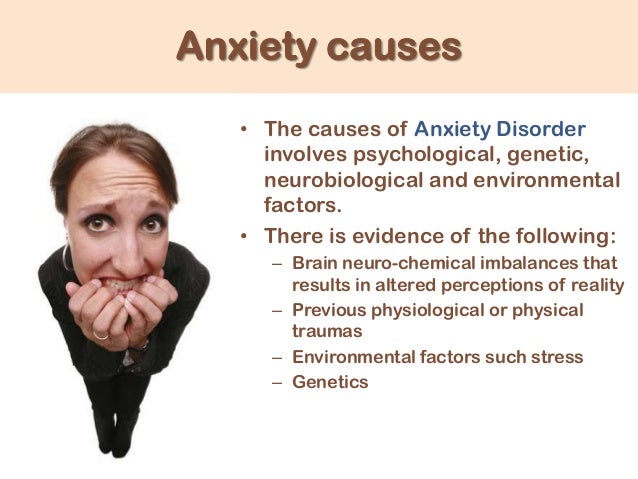 Managing your anxiety may help reduce the signs of anxiety tongue and other anxiety-related mouth sensations.
Managing your anxiety may help reduce the signs of anxiety tongue and other anxiety-related mouth sensations.
If you think you may have an “anxiety tongue,” it’s highly advisable that you talk with a health professional. They’ll be able to rule out any other possible causes of your tingling, numbness, swelling, or pain.
Anxiety treatment often consists of a combination of psychotherapy and medication. Cognitive behavioral therapy (CBT) is an effective psychotherapeutic approach for the management of anxiety symptoms and benzodiazepines are often used as anti-anxiety medication.
If anxiety treatment doesn’t relieve the signs of anxiety tongue, consider discussing the problem with a general physician or another health professional.
In sum, consider visiting a health professional if:
- tongue tingling or numbness persists for several days
- tingling or numbness continues after other anxiety symptoms stop
- tingling or numbness starts after starting anxiety medication
- your anxiety medications make your symptoms worse
- anxiety or stress management techniques don’t help ease your symptoms
- you have thoughts of self-harm
Anxiety tongue often refers to the physical effects that anxiety may have on your tongue and mouth.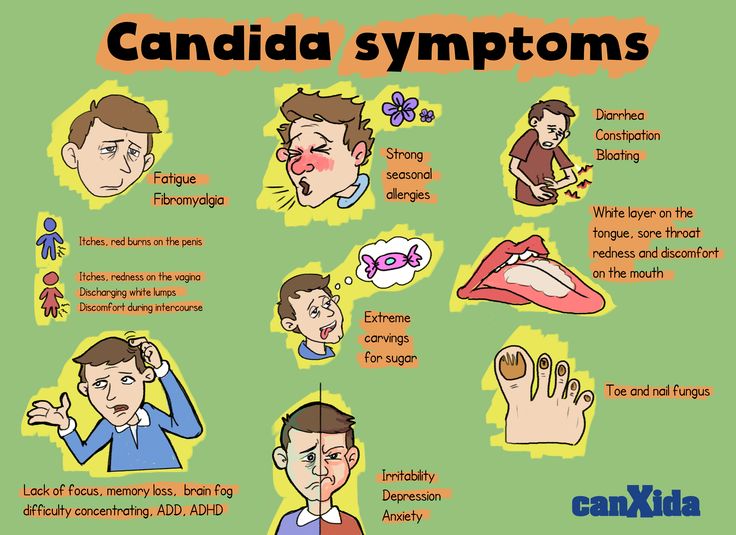 These effects may include tingling, twitching, numbness, burning, or pain in your tongue or mouth.
These effects may include tingling, twitching, numbness, burning, or pain in your tongue or mouth.
Treating anxiety may relieve your tongue symptoms. If it doesn’t, consider discussing these with a health professional so they can rule out any other possible causes of your sensations.
What Is Anxiety Tongue and What Are Its Signs?
Anxiety can cause tingling or numbness in your tongue as well as other changes in your mouth. You may need to talk with a health professional if you have these signs.
Anxiety may cause you to experience mental, emotional, and physical symptoms. This may include a tingling feeling, numbness, or swelling in your tongue.
Some people with anxiety disorders often experience a tingling sensation on their tongue, commonly referred to as “anxiety tongue” or “stress tongue.”
Anxiety tongue may also involve swelling, muscle spasms, or burning sensations.
Anxiety as an emotional response is linked to your stress response. When you perceive a real or imagined threat, your body activates to respond to said threat.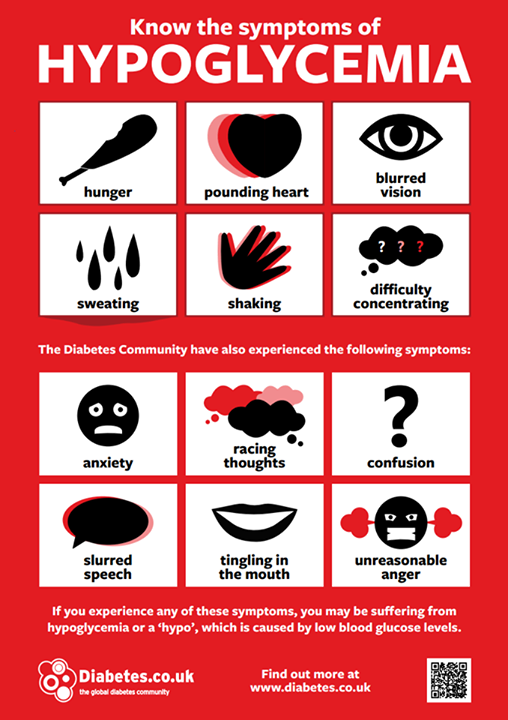 This initiates a series of physiological processes that go from hormone secretion to muscle tension to changes in your blood flow.
This initiates a series of physiological processes that go from hormone secretion to muscle tension to changes in your blood flow.
These changes can affect your tongue, which is a combination of muscles, nerves, and blood vessels.
As muscles tense, nerves get stimulated, and blood vessels constrict to restrict blood flow, your tongue may start feeling different. This may include a wide range of sensations.
A tingling or numb tongue may be the result of psychogenic oral paresthesia, which is an unpleasant oral sensation caused by a psychological trigger, such as stress or anxiety.
In addition to tingling or numbness, psychogenic oral paresthesia can also lead you to experience a sudden prickling, twitching, swelling, or burning feeling.
Anxiety has also been linked to tongue swelling and scalloped tongue, which is a condition that causes waves or ripples along the sides of the tongue.
Can anxiety make your whole mouth feel different?
Anxiety can affect your tongue as well as your whole mouth.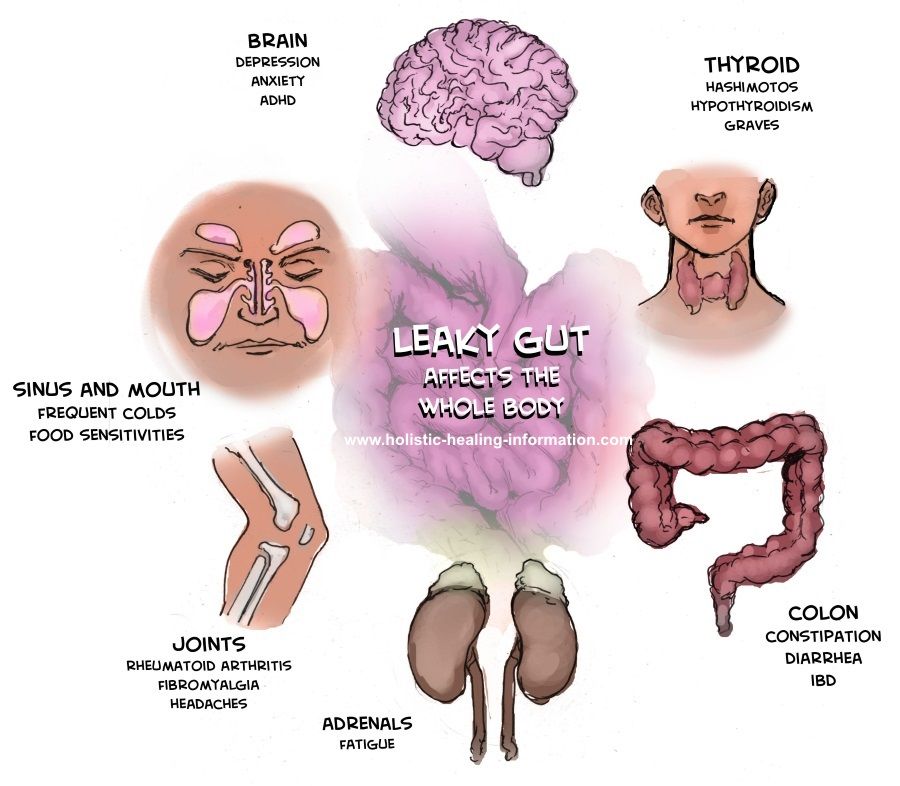 Some possible anxiety-related signs include:
Some possible anxiety-related signs include:
- dry mouth
- metallic taste
- changes in taste
- tooth or gum pain
- burning sensation
- uncontrolled sucking motions
- teeth grinding
- halitosis
Addressing the root cause often leads to symptom relief. Managing your anxiety may help reduce the signs of anxiety tongue and other anxiety-related mouth sensations.
If you think you may have an “anxiety tongue,” it’s highly advisable that you talk with a health professional. They’ll be able to rule out any other possible causes of your tingling, numbness, swelling, or pain.
Anxiety treatment often consists of a combination of psychotherapy and medication. Cognitive behavioral therapy (CBT) is an effective psychotherapeutic approach for the management of anxiety symptoms and benzodiazepines are often used as anti-anxiety medication.
If anxiety treatment doesn’t relieve the signs of anxiety tongue, consider discussing the problem with a general physician or another health professional.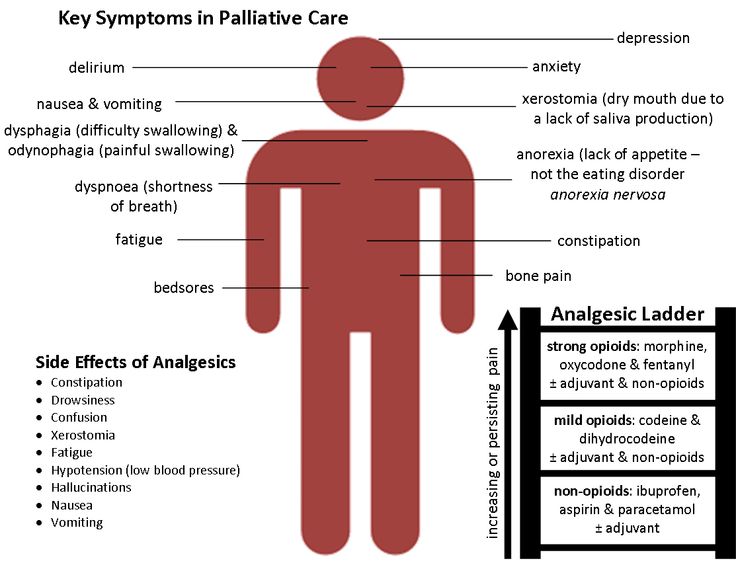
In sum, consider visiting a health professional if:
- tongue tingling or numbness persists for several days
- tingling or numbness continues after other anxiety symptoms stop
- tingling or numbness starts after starting anxiety medication
- your anxiety medications make your symptoms worse
- anxiety or stress management techniques don’t help ease your symptoms
- you have thoughts of self-harm
Anxiety tongue often refers to the physical effects that anxiety may have on your tongue and mouth. These effects may include tingling, twitching, numbness, burning, or pain in your tongue or mouth.
Treating anxiety may relieve your tongue symptoms. If it doesn’t, consider discussing these with a health professional so they can rule out any other possible causes of your sensations.
Anxiety and panic disorders | Articles by doctors of the EMC clinic about diseases, diagnosis and treatment
Anxiety treatment at the European Medical Center:
-
Thorough diagnosis of the patient's mental state, identification of risk factors.
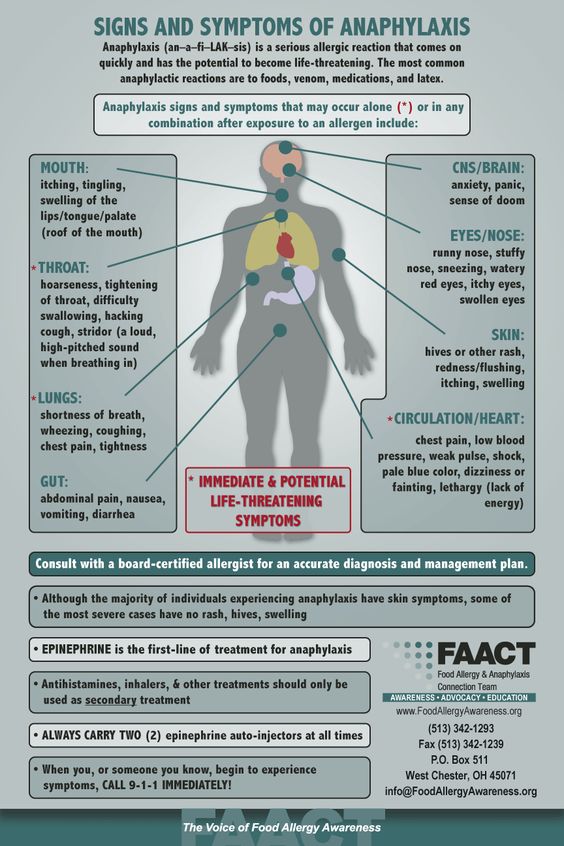
-
Drawing up an individual treatment program, including pharmacotherapy, cognitive-behavioral therapy, if necessary, TMS.
-
The Clinic for Psychiatry and Psychotherapy constantly organizes trainings that teach relaxation skills and coping with anxiety symptoms.
The experience of anxiety is a normal adaptive response of the body to changing conditions or threatening events. However, fears can be a serious problem for a person if the level of anxiety reaches pathological proportions. This imposes restrictions on the normal functioning of the patient, which significantly reduces his quality of life. Also, the long-term existence of an anxiety disorder dramatically increases the risk of other mental disorders, such as depressive disorder (by about 15 times) and pathological addictions (by about 20 times).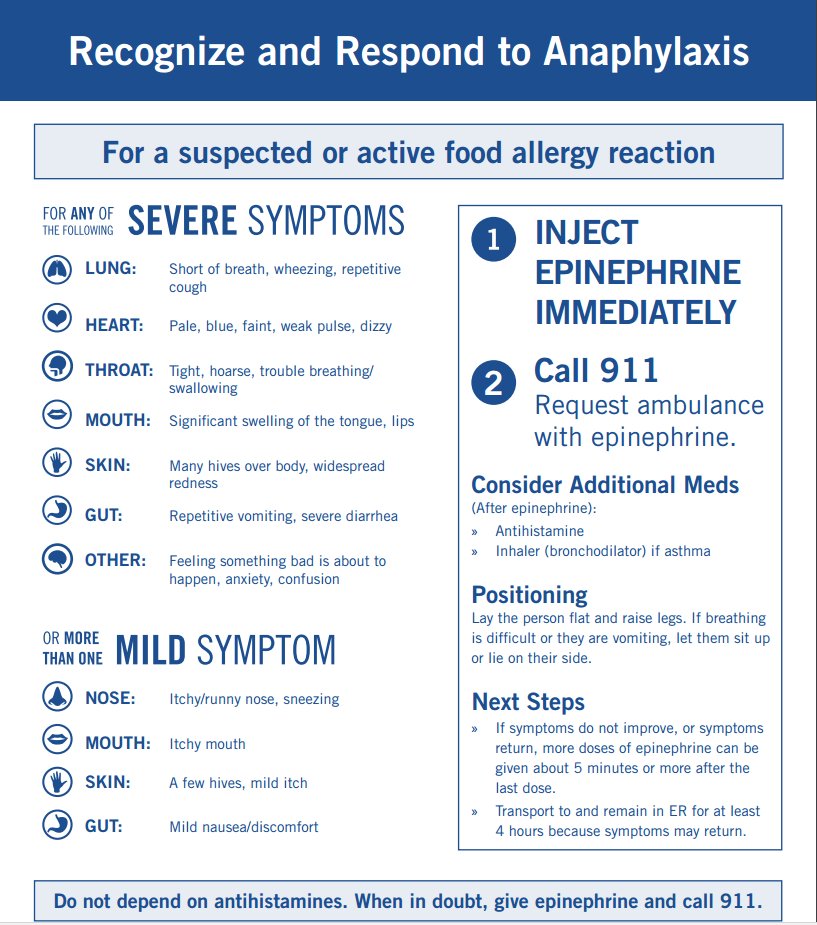
Major anxiety disorders include:
Panic disorder - the main symptoms of the disease include recurring attacks of irrational anxiety (panic), not limited to a specific situation or any specific circumstances.
Dominant symptoms : sudden onset of tachycardia (rapid heartbeat), sweating, tremors, dry mouth, chest pain, difficulty breathing, feeling of choking and nausea, as well as dizziness and a feeling of unreality of what is happening.
Agoraphobia is a group of anxiety disorders that encompasses a range of phobias, which include a morbid fear of open spaces and public places. Patients experience uncontrollable anxiety when they are in a crowd, refuse to visit shops and other crowded places, limit their exits from the house unaccompanied, and have difficulty using public transport on their own. Agoraphobia is one of the most maladaptive types of phobic disorders.
Dominant symptoms : when immersed in a frightening situation, anxiety increases sharply in patients, heartbeat and breathing become more frequent, sweating and dizziness appear, in some cases a panic attack develops.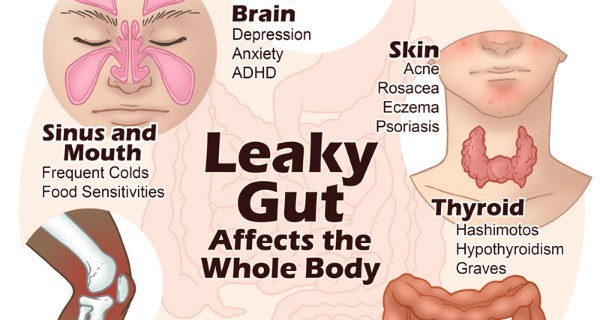 As a rule, such patients try in every possible way to avoid those situations that cause them a panic attack, which contributes to the consolidation of an anxiety disorder, changes their usual lifestyle and interferes with normal life.
As a rule, such patients try in every possible way to avoid those situations that cause them a panic attack, which contributes to the consolidation of an anxiety disorder, changes their usual lifestyle and interferes with normal life.
Generalized Anxiety Disorder - is manifested by a constant feeling of anxiety, tension and persistent anxiety about a variety of life events, the likelihood of which is extremely small. In this case, anxiety is not limited to any specific external circumstances, so it is often difficult for the patient to outline the circle of situations that trigger panic.
Dominant symptoms : the most typical complaints are a feeling of constant nervousness, trembling, muscle tension, sweating, tachycardia, dizziness, discomfort in the epigastric region. Often the patient experiences fear for his loved ones, suffers from gloomy forebodings. For a diagnosis of generalized anxiety disorder, the symptoms described must have been present for at least 6 months.
Social phobia - at the heart of this anxiety disorder is the fear of being seen by others, as well as being in an awkward position, being ridiculed or humiliated, which leads to the formation of a reaction to avoid such situations. Often this disorder is combined with low self-esteem and fear of criticism. Fears can manifest themselves when eating in a public place, the need to maintain a conversation during a casual meeting with friends in the presence of strangers, visiting public places and group activities.
Dominant symptoms : hand tremor, nausea (fear of vomiting may be present), urge to urinate or defecate (or fear of such urge), flushing of the face. Sometimes the patient takes one of these side manifestations of anxiety for the underlying disease. Avoidance of frightening situations causes significant psycho-emotional stress, since the person himself realizes that his reaction is excessive and has no reasonable grounds.
Specific phobias are fears limited to narrowly specific situations, such as, for example, being in close proximity to animals of a certain biological species, being in the dark, at height, in a confined space. Specific phobias also include fear of air travel, fears of eating certain foods, visiting a doctor, medical procedures, and the sight of blood. When confronted with fearful stimuli or when thoughts about them arise, a person "triggers" anxiety and experiences the symptoms described above.
Bad breath - causes, symptoms of anxiety
ABCDE(E)ZHZIKLMNOPRSTUVHTSCHSH(S)EYUYA
UNPLEASANT SMELL FROM THE MOUTH (CHALITOSIS) - is often associated with problems in the gastrointestinal tract, as well as other organs. If this symptom persists, even after brushing your teeth, you should consult a doctor to find out its cause.
Causes:
- Liver diseases (chronic hepatitis, cirrhosis of the liver) - sweetish "liverish breath" reminiscent of the smell of rotten apples.
-
Diseases of the biliary system (chronic cholecystitis, dyskinesia of the biliary system)
-
Intestinal diseases (dysbacteriosis, enzyme deficiency, inflammatory bowel disease, cancer)
-
Diseases of the esophagus (candidiasis, ulcer, cancer)
-
Diseases of the stomach (gastritis, peptic ulcer associated with the bacterium - Helicobacter, cancer)
-
Diseases of the oral cavity (caries, stomatitis, inflammation of the gums, periodontitis, candidiasis, salivary gland damage, poor-quality prostheses, poor hygiene, increased dryness of the oral mucosa (xerostomia))
-
Diseases of the ENT organs (tonsillitis, rhinitis, pharyngitis, adenoiditis, nasal polyps)
-
Diseases of the bronchopulmonary system
-
Diabetes mellitus (acetone smell)
-
Severe renal failure (ammonia smell)
-
Long-term fasting
Our center will help you solve this problem if it is associated with diseases of the gastrointestinal tract or the endocrine system. Experienced specialists - a therapist, gastroenterologist, if necessary - an endocrinologist will prescribe the necessary examination and treatment.
DRY MOUTH (XEROSTOMIA) - dryness in the mouth associated with a decrease or cessation of saliva production or a violation of its quality. Often, burning and discomfort in the mouth, taste disturbance, difficulty in swallowing dry food, and bad breath are disturbing.
This symptom is based on damage to the salivary glands or a violation of their work. Quite often, dry mouth is associated with problems in the digestive system.
Causes:
- Diseases of the esophagus and stomach (gastroesophageal reflux disease (reflux of acid into the esophagus from the stomach), peptic ulcer, gastritis, atrophic gastritis)
-
Liver diseases (autoimmune hepatitis, primary biliary cholangitis, liver cirrhosis)
-
Diseases of the biliary system and pancreas (dyskinesia or functional disorder of the gallbladder, cholecystitis, pancreatitis)
-
Bowel diseases accompanied by diarrhea (irritable bowel syndrome, ulcerative colitis, Crohn's disease, microscopic colitis, enzyme deficiency, celiac disease, infectious enterocolitis, dysbacteriosis)
-
Endocrine diseases (diabetes mellitus, thyroid diseases)
-
Autoimmune diseases (rheumatoid arthritis, scleroderma, Sjögren's syndrome and disease)
-
Taking certain medications (diuretics, antihistamines, antidepressants, etc.
)
-
Nasal breathing disorder (mouth breathing)
-
Radiation therapy of the head and neck area
-
Old age
-
Dietary habits (excessive consumption of salt, hot spices, coffee, alcohol)
-
Dehydration (with increased sweating, vomiting, diarrhea, diuretics, fever)
-
Injuries of the salivary glands (including during dental procedures)
-
Neurotic and psychogenic disorders
In our clinic we treat dry mouth and perform gastrointestinal examinations with expert equipment. Experienced doctors - a gastroenterologist, a therapist, if necessary - an endocrinologist will help find the cause of this symptom, give recommendations for examination and treatment.
SALIVORATION / INCREASED SALIVATION / INCREASED SALIVATION (HYPERSALIVATION / SIALORHEA / PTYALISM) - excessive salivation, due to increased function of the salivary glands.
